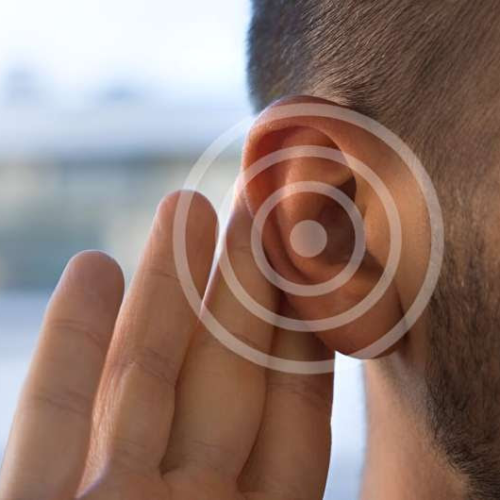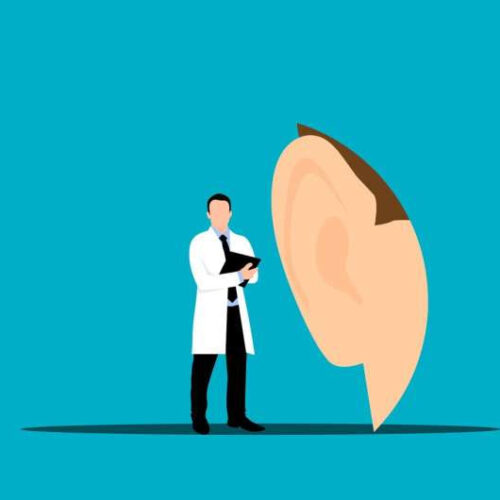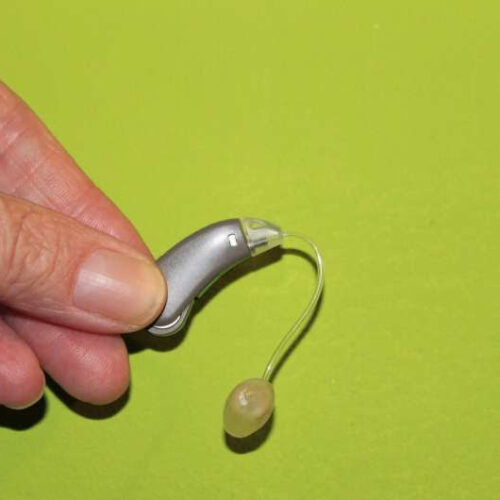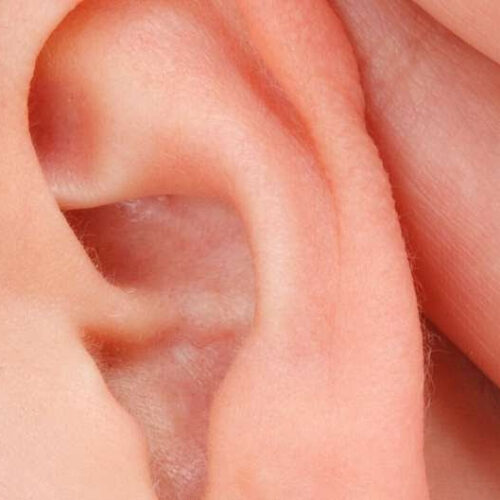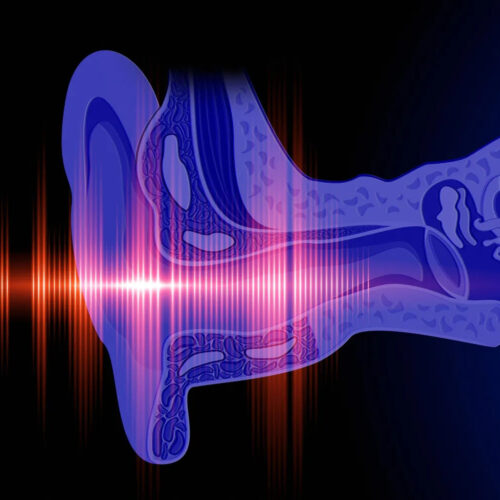Allison Aubrey People who consistently wear hearing aids have a lower chance of falling, a new study finds.picture alliance/dpa/picture alliance via Getty I If your hearing begins to decline, your risk of falling may rise. Research shows older adults with mild hearing loss are at a greater risk — more than double — of falling....
Tag: <span>Hearing loss</span>
Study shows prevalence of hearing loss significantly higher for cancer survivors
by Elana Gotkine Cancer survivors have a significantly higher prevalence of hearing loss (HL) than the general population, according to a study published online Oct. 5 in JAMA Otolaryngology-Head and Neck Surgery. Qian Wang, M.D., M.P.H., from the University Hospitals Seidman Cancer Center in Cleveland, and colleagues estimated the prevalence of subjective and objective HL...
Sudden hearing loss in one or both ears requires immediate diagnosis and treatment
by Rush University Medical Center Credit: Pixabay/CC0 Public Domain If you woke up one morning and found you couldn’t see out of one eye, odds are you’d call the eye doctor immediately—or even go to the emergency room. But we don’t tend to treat sudden hearing loss in one or both ears with the same sense...
Hearing aids may protect against a higher risk of dementia associated with hearing loss, study suggests
by Lancet Credit: CC0 Public Domain People experiencing hearing loss who are not using a hearing aid may have a higher risk of dementia than people without hearing loss, suggests a new study published in The Lancet Public Health journal. However, using a hearing aid may reduce this risk to the same level as that of people without...
Can hearing loss be reversed? Research reveals clues that could regrow the cells that help us hea
UNIVERSITY OF ROCHESTER MEDICAL CENTER Taking a bite of an apple is considered a healthy choice. But have you ever thought about putting in earplugs before your favorite band takes the stage? Just like your future body will thank you for the apple, your future ears (specifically your cochlear hair cells) will thank you for...
New study links hearing loss with dementia in older adults
by Johns Hopkins University Bloomberg School of Public Health Credit: Pixabay/CC0 Public Domain A new study led by researchers at the Johns Hopkins Bloomberg School of Public Health found that older adults with greater severity of hearing loss were more likely to have dementia, but the likelihood of dementia was lower among hearing aid users compared to...
Johns Hopkins Discovers New Path to Treating Age-Related Hearing Loss – “There’s More to Hearing Than the Ear”
By JOHNS HOPKINS MEDICINE DECEMBER 24, 2022 Researchers at Johns Hopkins Medicine have found that old mice are less able than young mice to “turn off” certain actively firing brain cells in the presence of ambient noise. This results in a “fuzzy” sound stage that makes it difficult for the brain to focus on a specific sound and...
Beyond the brain: A link between hearing loss and autism spectrum disorder
by Josef Blaszkiewicz, Medical University of South Carolina Expression of the MEF2C protein (green) in the nuclei of neuronal cells (stained with a neuronal marker protein in red) in the inner ear of a young adult mouse. Nuclei were stained with Dapi (blue). Image courtesy of Dr. Hainan Lang of the Medical University of South...
Billion youth risk hearing loss from headphones, venues: study
by Daniel Lawler The new study shows ‘the potential for serious population-wide hearing loss is very large’, an expert said. Around one billion young people worldwide could be at risk of hearing loss from listening to headphones or attending loud music venues, a large review of the available research estimated on Wednesday. The World Health...
Over a billion young people are potentially at risk of hearing loss from headphones, earbuds, loud music venues
by British Medical Journal Credit: Pixabay/CC0 Public Domain More than 1 billion teens and young people are potentially at risk of hearing loss because of their use of headphones and earbuds and attendance at loud music venues, concludes a pooled data analysis of the available evidence, published in the open access journal BMJ Global Health. Governments...

